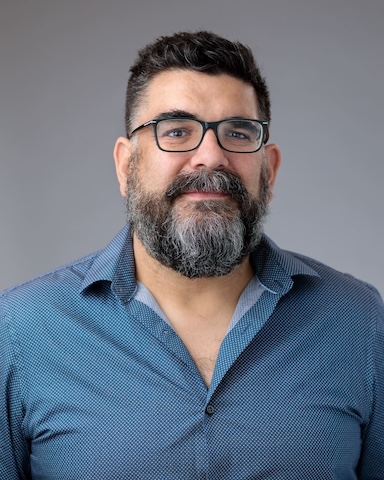 BRENT DOIRON, PhD
BRENT DOIRON, PhD
Director of the Grossman Center for Quantitative Biology and Human Behavior
Henrich Kluver Professor of Neurobiology and Statistics
Dr. Doiron completed his undergraduate and graduate degrees in Physics at the University of Ottawa, and later a postdoc at NYU. From 2007-2020, he was faculty in the Mathematics Department at the University of Pittsburgh, after which he moved to the University of Chicago. His work focuses on how the complex circuit wiring of the nervous system supports rich, often stochastic dynamics, as well as, drives neural computation. Dr. Doiron was awarded a Sloan Fellowship and a Vannevar Bush Fellowship, and he is also a Simons Foundation Investigator.
Research interest: The Theory of Neuronal Circuits lab investigates how the cellular and synaptic circuitry of neuronal circuits supports the complex dynamics and computations that are routinely observed in the brain. They use techniques from dynamical systems theory, statistical mechanics, and information theory to build and analyze cortical circuit models, often in collaboration with experimental teams investigating visual, olfactory, auditory, and decision-making cortices.
JORGE JARAMILLO, PhD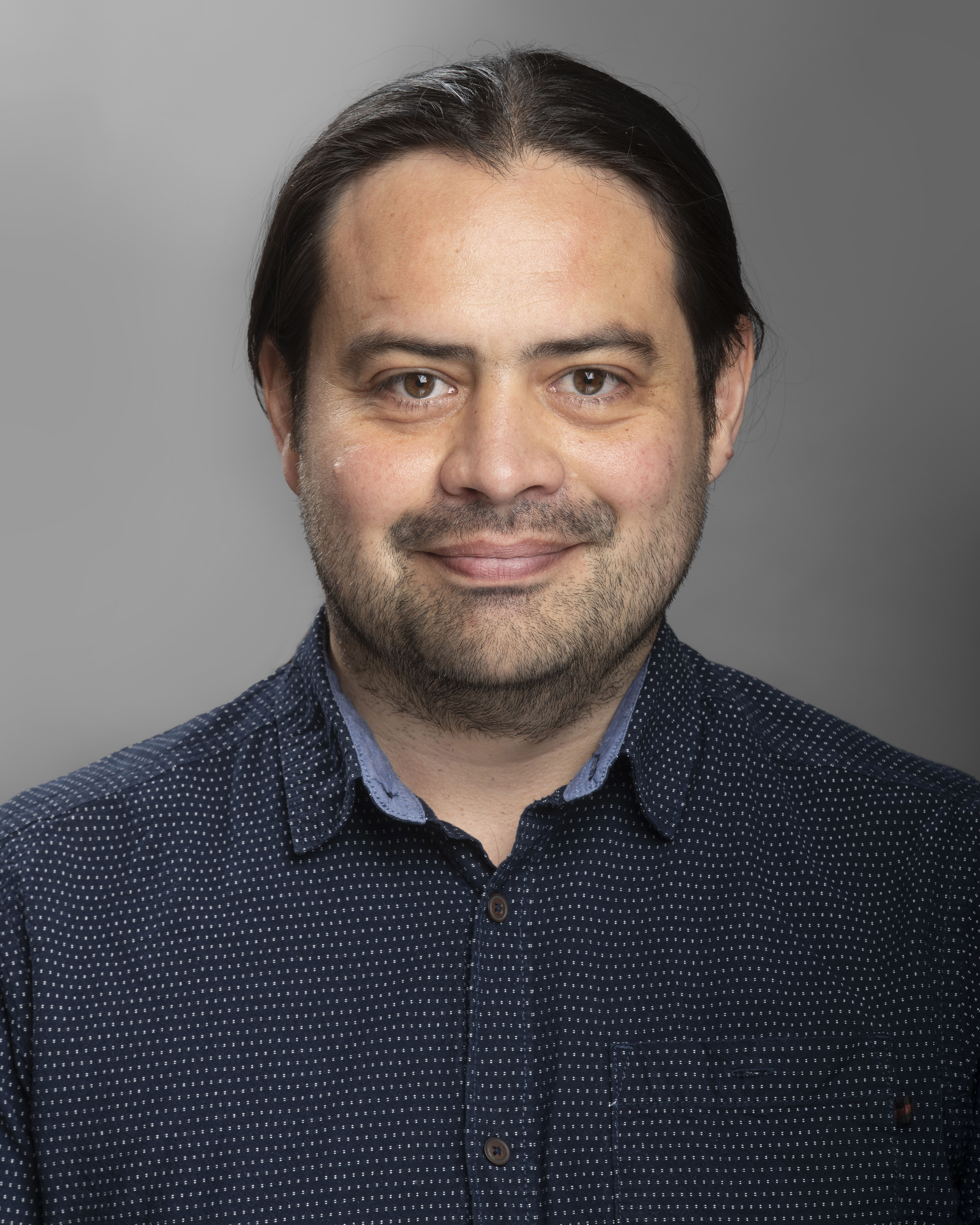
Assistant Professor of Neurobiology
Before joining UChicago, Dr. Jaramillo was a Junior Group Leader at the European Neuroscience Institute and Campus Institute for Dynamics of Biological Networks in Göttingen (2021-2023) and a postdoctoral associate in the lab of Prof. Xiao-Jing Wang at the New York University Center for Neural Science (2015-2020). He received a PhD in Computational Neuroscience as a Bernstein Fellow in Berlin, Germany under the supervision of Prof. Richard Kempter (2014).
Research Interest: In the Distributed Neural Dynamics and Control lab, Dr. Jaramillo investigates how subcortical structures interact with cortical circuits to subserve cognitive processes such as memory, attention, and decision-making. They use tools from dynamical systems and control theory to simulate and analyze how distributed neural dynamics arise from multiregional neural circuits and how these dynamics are controlled for purposeful behavior. Moreover, they study the network and behavioral effects of exogenous neuromodulation of subcortical structures (e.g., as used in DBS) to discover new avenues for the treatment of neurological and psychiatric disorders.
SAMUEL MUSCINELLI, PhD
Assistant Professor of Neurobiology
Dr. Muscinelli received an M.Sc. in theoretical physics from the University of Rome “La Sapienza” in 2012. He then moved to the École Polytechnique Fédérale de Lausanne (EPFL), where he obtained a Ph.D. in Neuroscience in 2018, under the supervision of Dr. Wulfram Gerstner. Before joining the University of Chicago in August 2025, he completed his postdoctoral training at the Center for Theoretical Neuroscience at Columbia University, working with Dr. Litwin-Kumar.
Research interest: Dr. Muscinelli investigates how the anatomical structure of brain circuits both governs and adapts to learning. Leveraging recent advances in the ability of measuring synaptic connectivity, his work explores how network architecture shapes neural representations and how it changes with experience. More broadly, he collaborates closely with experimentalists, integrating analytical theory, machine learning, and data analysis to uncover the principles linking brain connectivity to function.
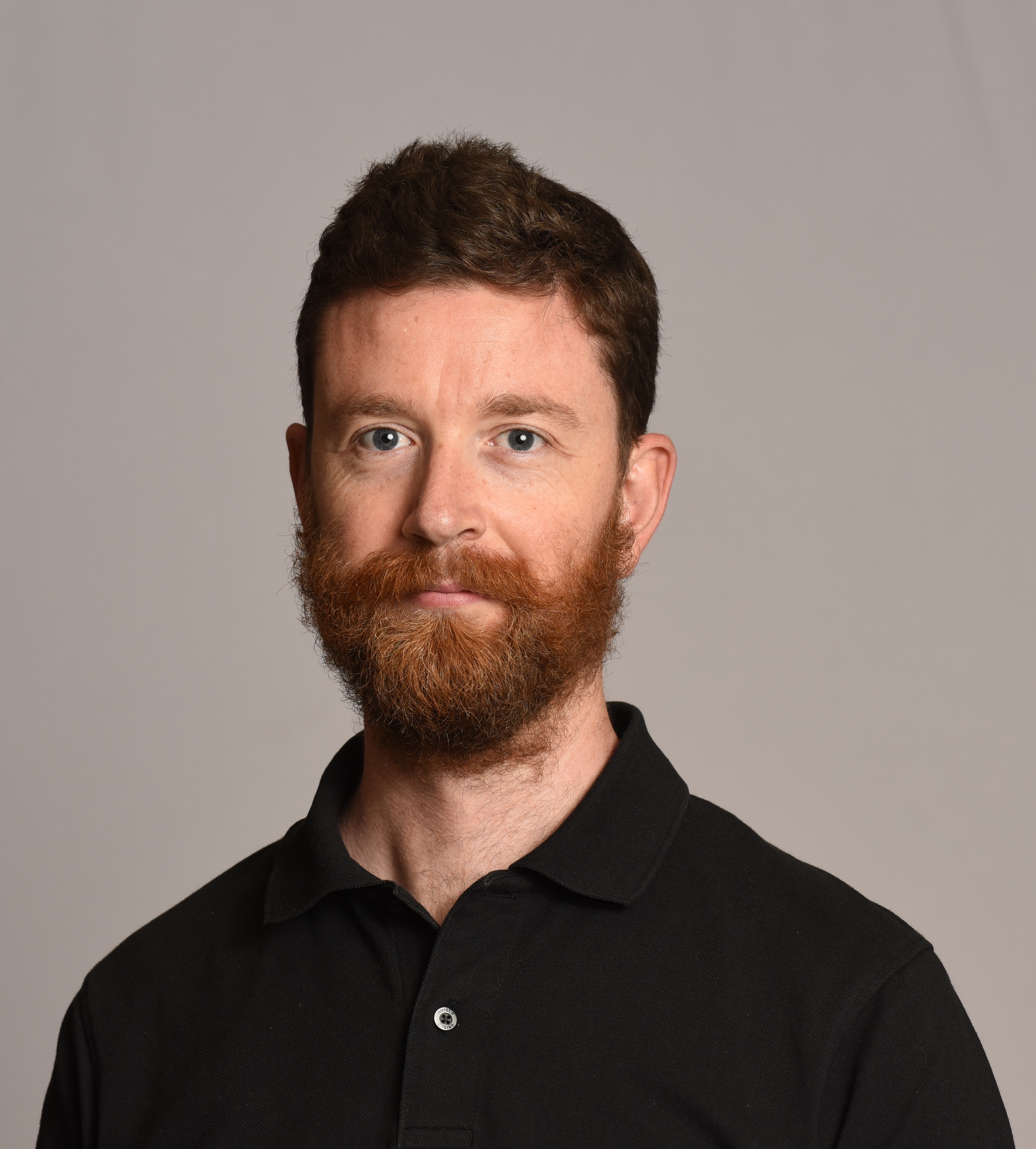 RAMON NOGUEIRA, PhD
RAMON NOGUEIRA, PhD
Assistant Professor of Neurobiology
Dr. Nogueira obtained his M.Sc. in theoretical physics (cosmology and astroparticles) from U. de Barcelona (2012) and a PhD in computational neuroscience from U. Pompeu Fabra (2017), where he worked on perceptual decision-making and the role of noise correlations on information and behavior. After that, he completed a postdoctoral training at the Center for Theoretical Neuroscience at Columbia University (2023) where he focused on characterizing the geometry of representations in different brain areas and tasks, and on training and analyzing artificial neural networks as simplified models of brain regions and behavior.
Research interest: Dr. Nogueira's research focuses on characterizing the geometry of neural representations in the high-dimensional neural state space to understand the computational support of artificial and biological cognition. They develop analytical and computational tools to identify the representational geometry of noisy neural circuits in datasets recorded by experimental collaborators from different brain areas and cognitive processes like decision-making, working memory, and navigation. They also train artificial neural network models and use these same tools to compare the computational strategies implemented by artificial and biological networks and derive additional predictions. They make use of the latest tools in ML/AI to shed light onto the connection between brain activity and behavior and contribute to the emerging field of NeuroAI.
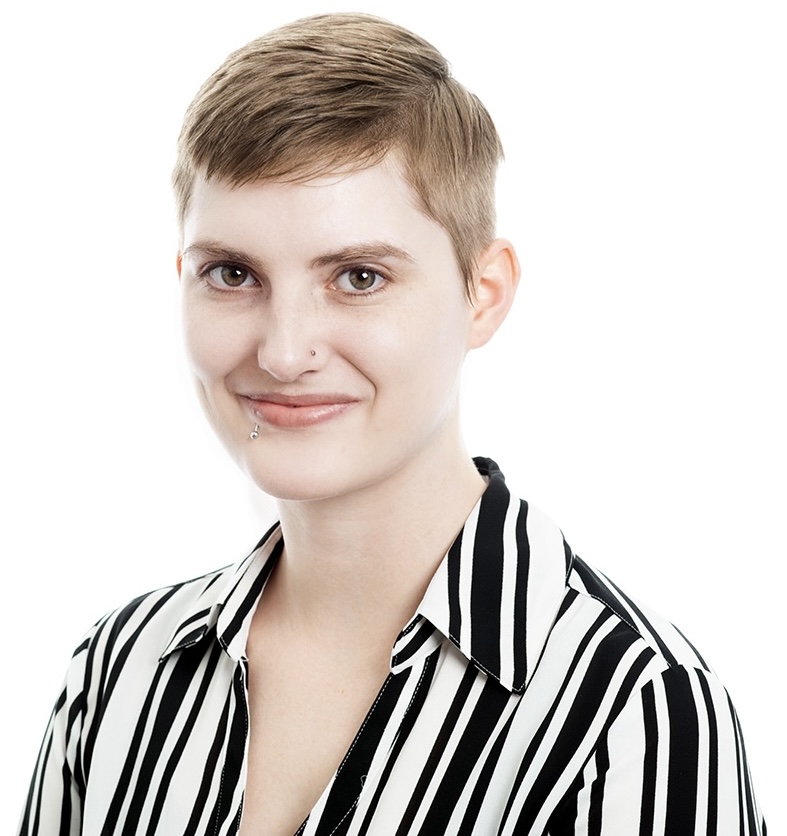 MARCELLA NOORMAN, PhD
MARCELLA NOORMAN, PhD
Assistant Professor of Neurobiology
Dr. Noorman received a BS in Mathematics from Belmont University in 2013. She then moved to North Carolina State University for a Post-Baccalaureate, followed by a PhD in Applied Mathematics. Before joining the University of Chicago, she completed her postdoctoral training at Janelia Research Campus under the supervision of Dr. Ann Hermundstad.
Research Interest: Dr. Noorman’s research seeks to determine the essential circuit properties that enable the brain to efficiently and flexibly carry out computations underlying important cognitive capacities, such as decision making and navigation. She uses a combination of analytic and computational techniques, developing both minimal models that capture the core dynamical properties of these neural computations and, in collaboration with experimentalists, data driven computational models to identify the specific neural mechanisms that generate these dynamics.
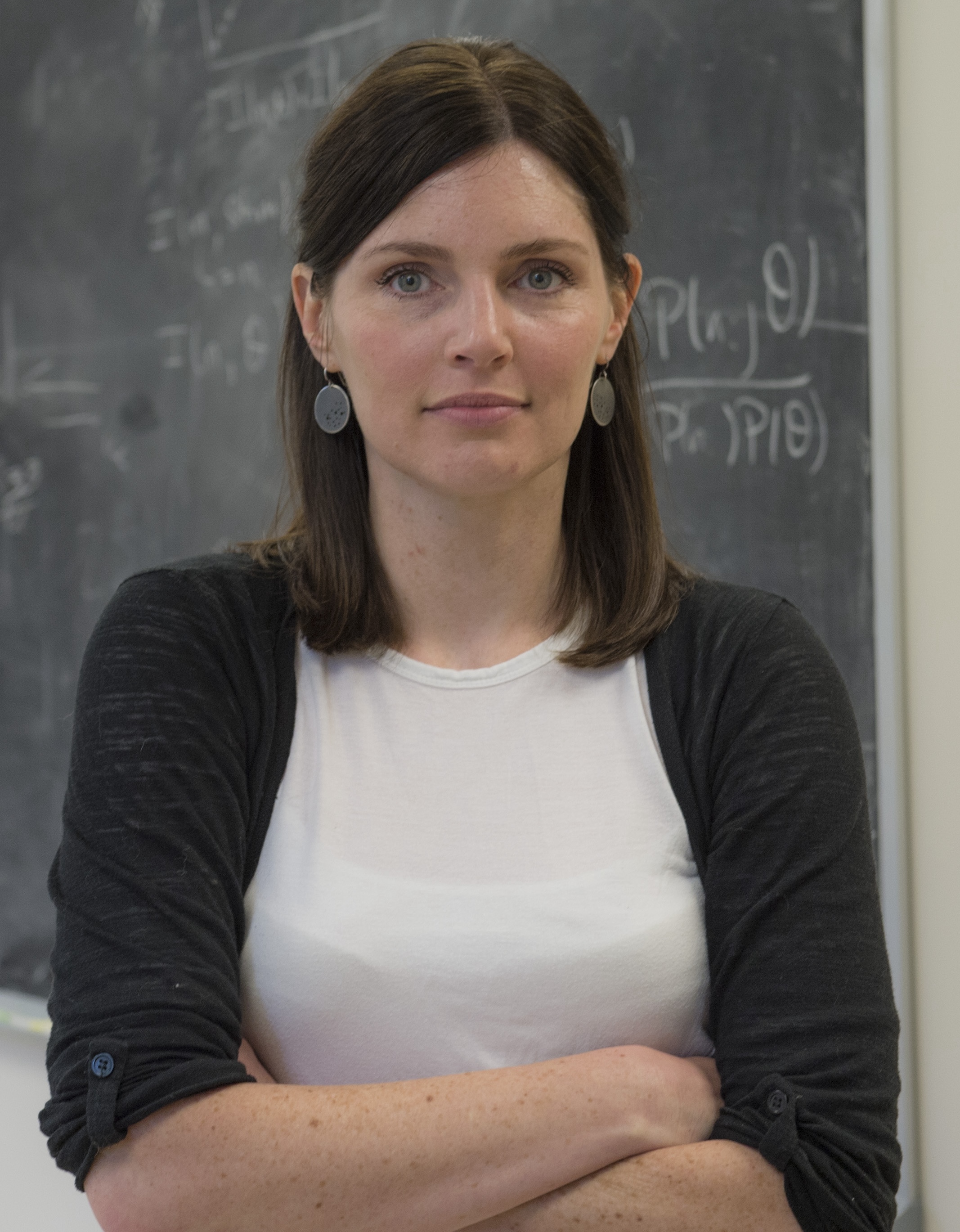 STEPHANIE PALMER, PhD
STEPHANIE PALMER, PhD
Associate Professor of Organismal Biology and Anatomy
Dr. Palmer completed her undergraduate study in Chemical Physics at Michigan State University, followed by a PhD in Theoretical Physics at the University of Oxford in 2001. After graduation, she completed two postdoctoral trainings at the University of California San Francisco and Princeton University. She joined the University of Chicago in 2012.
Research Interest: Dr. Palmer studies how populations of neurons collectively encode information present in their inputs and how they perform computations on these signals. The brain performs several classes of computation including signal comparison, prediction, error correction, and learning. To investigate these phenomena, she works with experimentalists on a variety of systems: predictive coding in the retina and visual cortex of the rodent, motion coding in area MT, and temporal coding in the zebra finch song system. From these studies, several general principles have emerged, which guide her current research: the hypothesis that neurons are optimized to predict their future inputs, that information in neural populations is represented combinatorially, and that coding in sensori-motor systems is highly dynamic and behaviorally dependent. By working closely with experimentalists, they constrain and test these theories of neural population coding with detailed measurements.